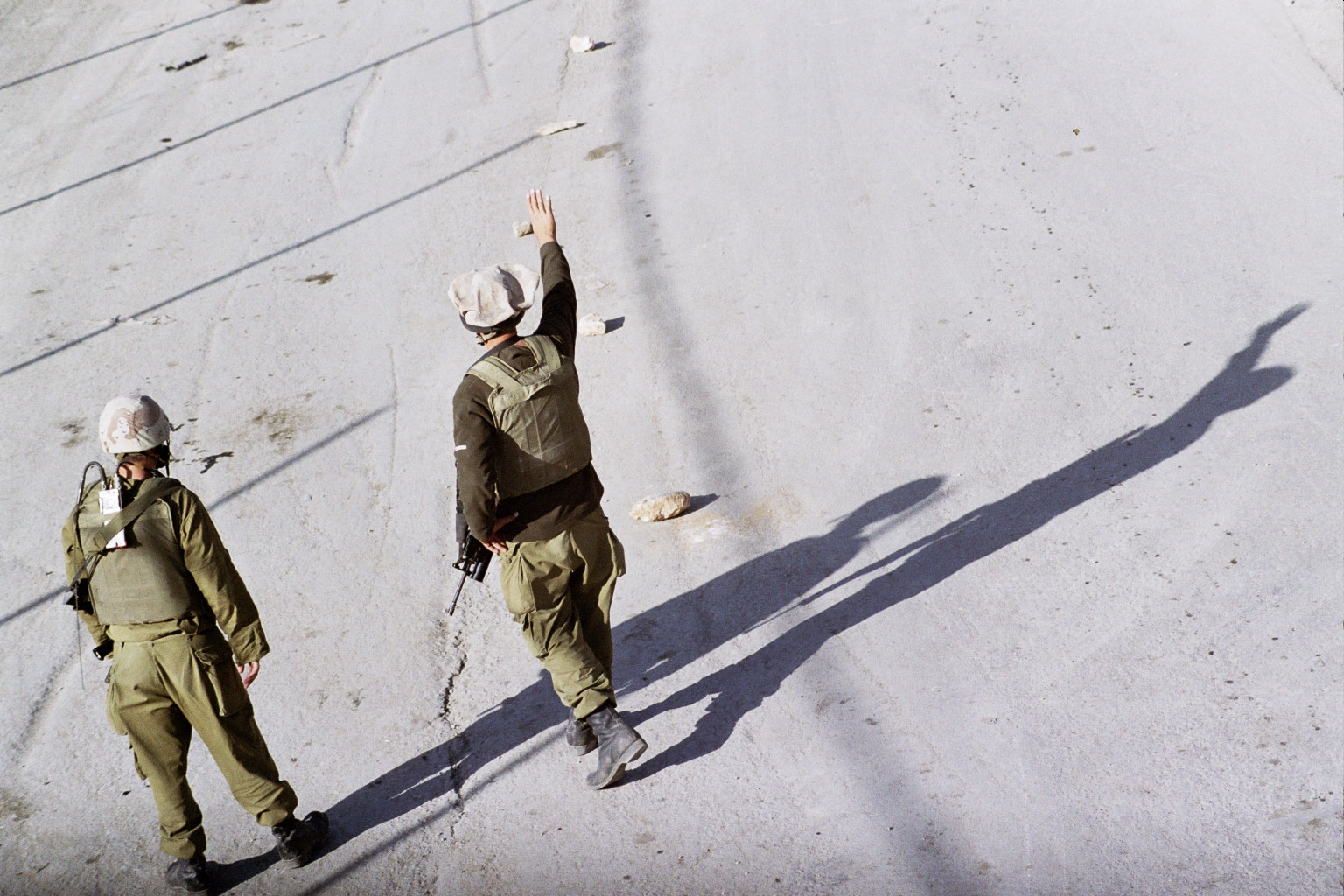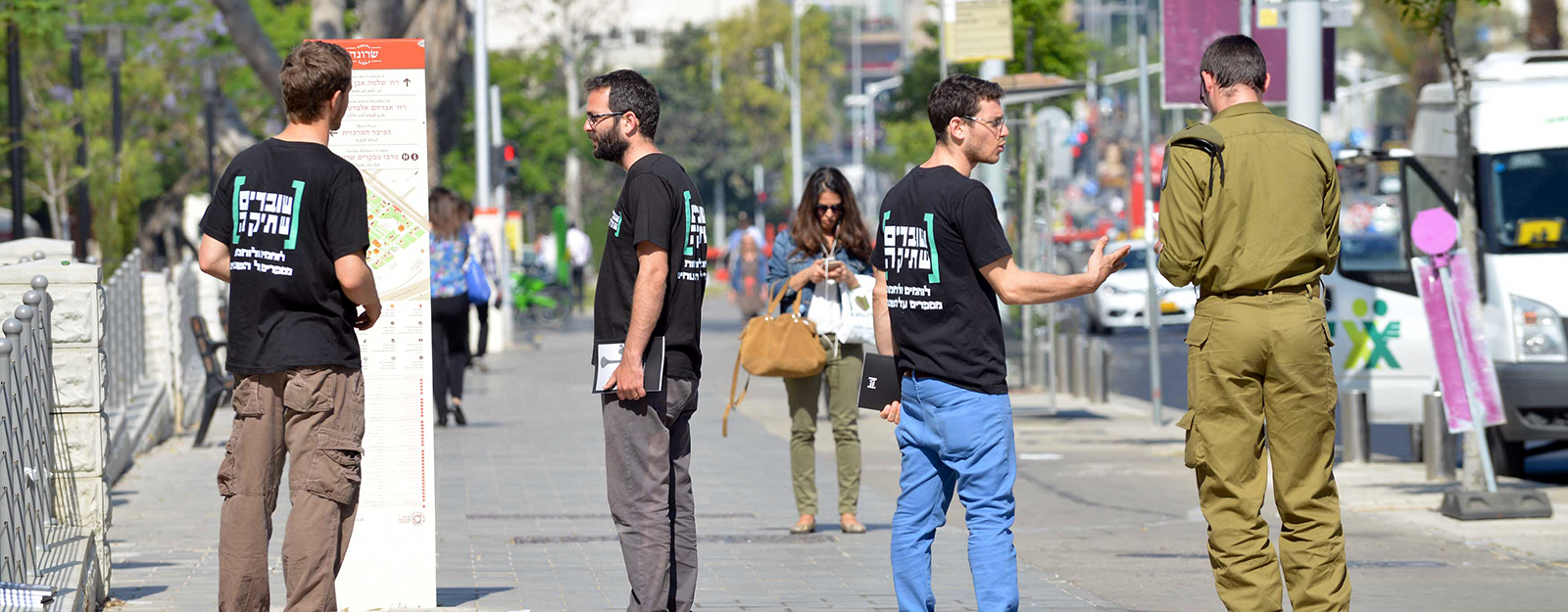So it’s given up? Yes. But during times like ‘Protective Edge,’ go ahead – his wife and kid are in the car too? Not the end of the world. It’s unambiguous.
There’s that shift? Yes, it’s by definition. The firing policies are leveled, numbered. One, two, three.
What exactly are the different levels? There are exact definitions, of firing ranges [you need to keep] from uninvolved civilians and all sorts of things like that. The more the policy is ‘permissive,’ let’s call it that, the more you’re ‘allowed’ to be less careful about uninvolved civilians. There’s also, by the way, the question of which arms you use – there are some that pose a greater threat to the surroundings, and there are more precise ones.
What are the regulations in each one of these levels? There’s, say, a certain range [from civilians] defined for the strictest level, and then that distance decreases [on the second level], and then it’s, “Don’t concern yourselves with that at all” for the most ‘permissive’ level. [The level] doesn’t stay fixed throughout ‘Protective Edge.’ [For example, it can be one level] when one is providing assistive fire to ground forces and [another during] other operations, where, say, no ground forces – which would be at risk – are involved. And during routine security periods, it’s always at the maximum.
Maximum caution from harming civilians? Right, caution. Unless, as I said, it’s an exceptional case, and then that’s [a call that’s made] at the highest ranks of decision-makers, they decide whether to drop a bomb, what size it’ll be, what’s the level of risk.
They’ll use a drone for looking, but in the end it’s an F-16 that comes over and drops the half-ton [bomb]? That’s right, but it works in exactly the same way. As a rule, in times of routine security the decision goes up to really the highest ranks – and in times of combat, it’s up to the senior officer in the field.









 testimonies
testimonies  media & content
media & content 










 “Go ahead – his wife and kid are in the car too? Not the end of the world”
“Go ahead – his wife and kid are in the car too? Not the end of the world” 

 terms of use & privacy policy
terms of use & privacy policy